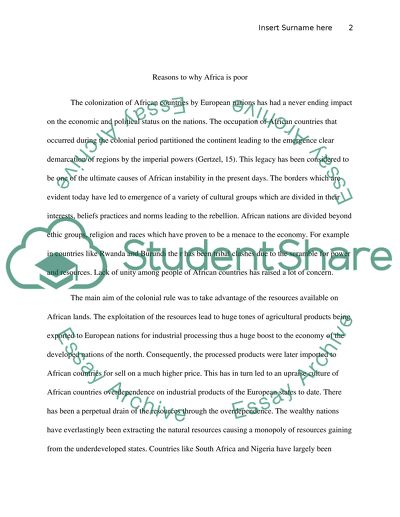Cite this document
(“-Social justice/ political issues in Africa Research Paper”, n.d.)
Retrieved from https://studentshare.org/history/1620393-social-justice-political-issues-in-africa
Retrieved from https://studentshare.org/history/1620393-social-justice-political-issues-in-africa
(-Social Justice/ Political Issues in Africa Research Paper)
https://studentshare.org/history/1620393-social-justice-political-issues-in-africa.
https://studentshare.org/history/1620393-social-justice-political-issues-in-africa.
“-Social Justice/ Political Issues in Africa Research Paper”, n.d. https://studentshare.org/history/1620393-social-justice-political-issues-in-africa.


